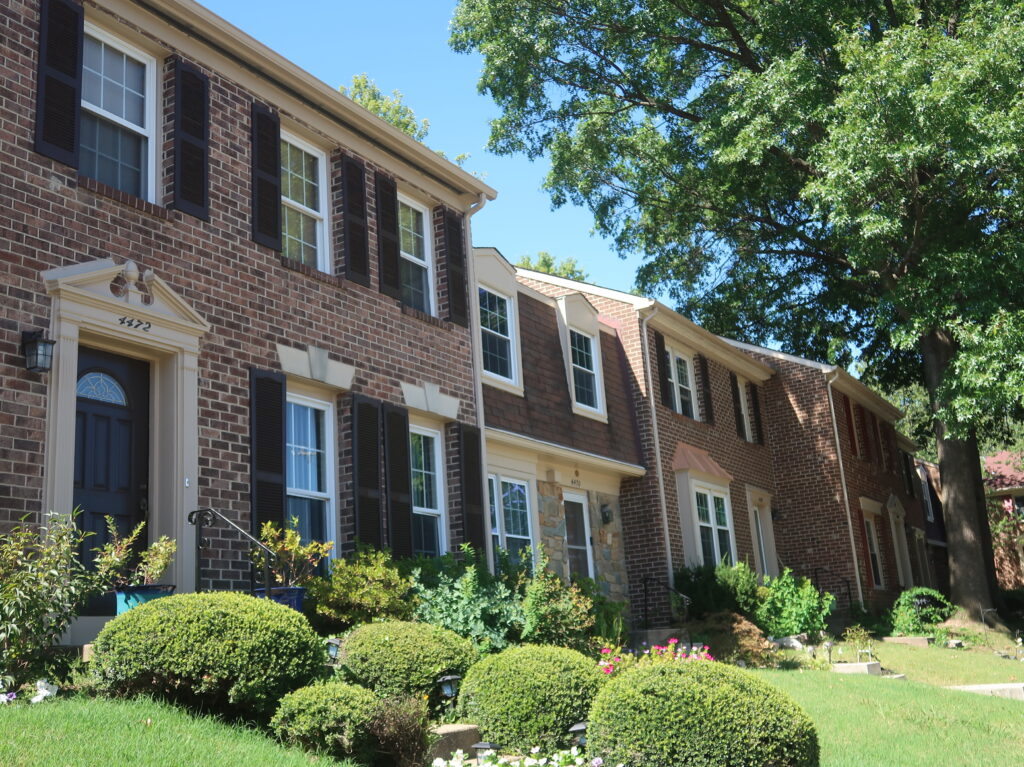Anti-terrorism law requires burdensome reporting rules for HOAs

The Braddock District Council of Community Association warns HOAs that they will face significant, burdensome reporting requirements, beginning Jan. 1, 2025, under the Corporate Transparency Act (CTA).
The boards of HOAs, condo associations, and community associations will be required to report annually to the U.S. Treasury Department’s Financial Crimes Enforcement Network the legal name of board members and individuals with substantial control and their birthdates, home addresses, and identifying numbers from a driver’s license, state ID, or passport.
Failure to comply could result in civil penalties of $500 per day and criminal penalties of up to $10,000 and up to 24 months in prison.
More than 350,000 local volunteer-driven, homeownership nonprofit organizations in the U.S. are affected, according to the Falls Church-based Community Associations Institute (CAI).
These requirements are especially burdensome to self-managed or smaller community associations, CAI reports. “This new requirement adds substantial compliance costs and administrative workloads, including understanding the complex requirements of the CTA, ensuring timely filing, and maintaining ongoing reporting.”
The CTA was enacted by Congress in 2021 with the goal of detecting and reporting suspicious activity, including money laundering and the financing of terrorist groups.
HOAs got swept up into the CTA “because the law broadly applies to a range of entities, including corporations, limited liability companies (LLCs), and similar entities that are created by filing a document with a secretary of state or similar office,” CAI spokesperson Blaine Tobin explains.
“The broad definition unintentionally captured nonprofit community associations, such as HOAs, which are fundamentally different from the traditional businesses the CTA targets,” Tobin says. “The inclusion appears to be an oversight that did not consider the unique nature and function of community associations.”
The Braddock District Council and the CAI are supporting federal legislation – H.R. 9045, introduced in July by Rep. Richard McCormick (R-Ga.) – that would add HOAs to the list of entities exempt from the reporting requirements under the CTA. A companion bill has not yet been filed in the Senate.
The CAI also plans to file a lawsuit this month in the U.S. District Court for the Eastern District of Virginia challenging the inclusion of community associations under the CTA.
The CTA exempts nonprofits that hold an IRS nonprofit tax determination. HOAs, however, are usually organized as state nonprofit corporations and thus are not considered nonprofits by the IRS.


Oh, no! The poor HOAs. How dare some higher authority require them to file paperwork to be allowed to do their thing! Won’t someone please think of the HOAs?
Maybe this will have the side benefit of dissolving HOAs. One can only hope.
This is serious – anyone with an LLC needs to report their status on Dept of Treasury forms. Even Mom and Pop LLCs…Please look it up for your self – this is not just for HOAs…(consider this a public service announcement)
HOAs can be like terrorist organizations.
To bad our government is too foolish to write any law that actually solves the intended problem without the unintended consequences.
Many HOAs provide microservices that other jurisdictions provide on a local level, such as trash & recycling pickups, snow, leaf & pet waste removal, landscaping, private street maintenance, recreational areas such as playgrounds, pools, courts. As such, they are often less about architectural uniformity and more about public sanitation and safety services.
Update – The Community Associations Institute filed a lawsuit Sept. 11 against the U.S. Department of the Treasury, Secretary Janet Yellen, and FinCEN, challenging the Corporate Transparency Act and its effect on HOAs.